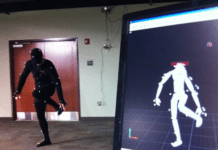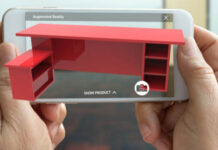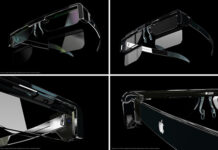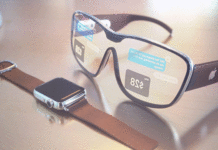
Wearable smart technology has become all the rage over the last few years and it has gone beyond smartwatches that can track your activity especially for athletes. These became very popular in the sporting industry and every second person with a gym contract has a smartwatch of sorts. Then swimmers had the opportunity to become kitted out with smart goggles that measure strokes. Later sensor-equipped jerseys became popular. The question that needs to be asked, however, is how useful are these gadgets to professional sportsmen and –women? Are they helpful or are they merely novelties that will wear off soon enough?
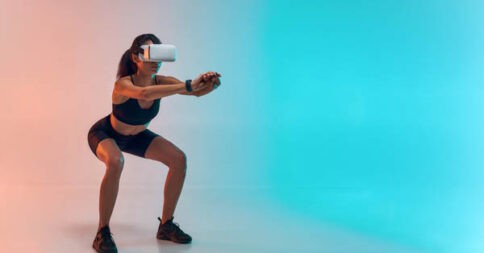
Let’s consider this from an amateur triathlete’s point of view. Sure, a smartwatch can record data and produce it immediately. Just a few years ago this would only have been possible in a laboratory. What about everything else that comes with a device like this? According to Jan Frodeno, a three-time Ironman World Champion, there are a lot of frills available but they stick with the basics. Values like pulse, running speed, and the wattage values on a bike are most important to them. His coach, Dan Lorang, says that even though these wearables come with a lot of bells and whistles, without it, his job would be impossible. He only sees Frodeno a few days in a year and most of his coaching is based on the data captured from the smart technology that the triathlete wears.
Does this improve the quality of training at all? Dr. Christoph Zinner of the German Sport University Cologne has been working with the training computers for quite some time and he stated that if the quality of the measurements is good, the quality of training will follow. He also mentions that it is vital for the coach and the athlete to interpret the data correctly. Zinner confirmed that despite access to the data, very little has changed in terms of the training.
The question that now needs to be asked is whether a human coach is necessary. Zinner notes that only a professional coach can determine whether a training session was effective or not. Despite this, Wearable smart technology for athletes is developing rapidly in this field and Zinner believes that improvements in blood-pressure measurement and the measuring of oxygen saturation in an athlete’s body, could lead to several breakthroughs. He stated that it could narrow the gap that still exists in the field of strength training.
Zinner noted that one positive of smart wearables is the fact that it delivers data immediately and this could lead to increased motivation to start exercising. He does say, however, that this effect does not last long. A smart wearable device is no good if intrinsic motivation is not present. Frodeno states that success in training comes from knowing that it is based on day-to-day performance and continuous hard work. Athletes shouldn’t get too caught up in the effects of smart wearables because they might be fun to play around with today but tomorrow depends on you.





